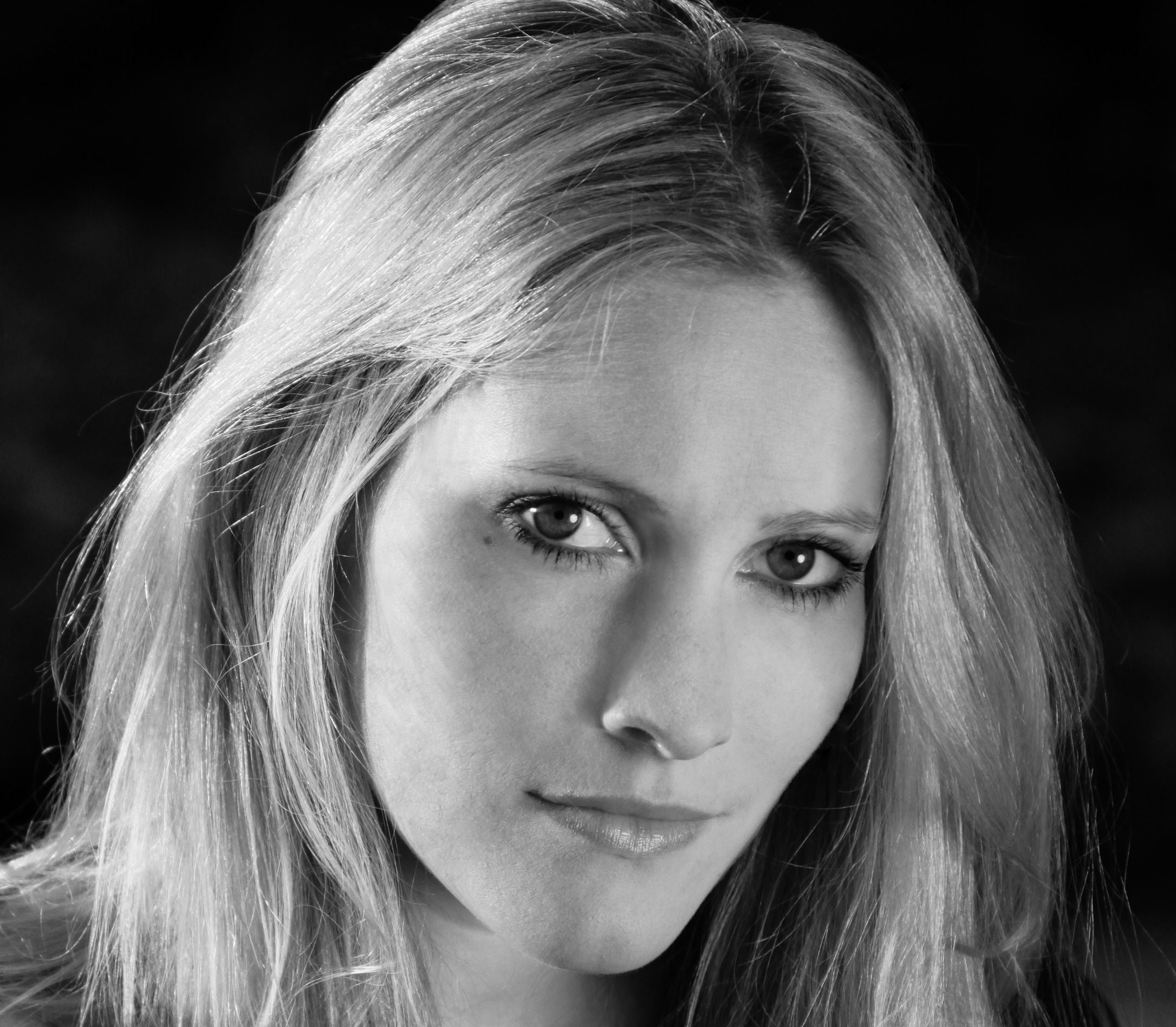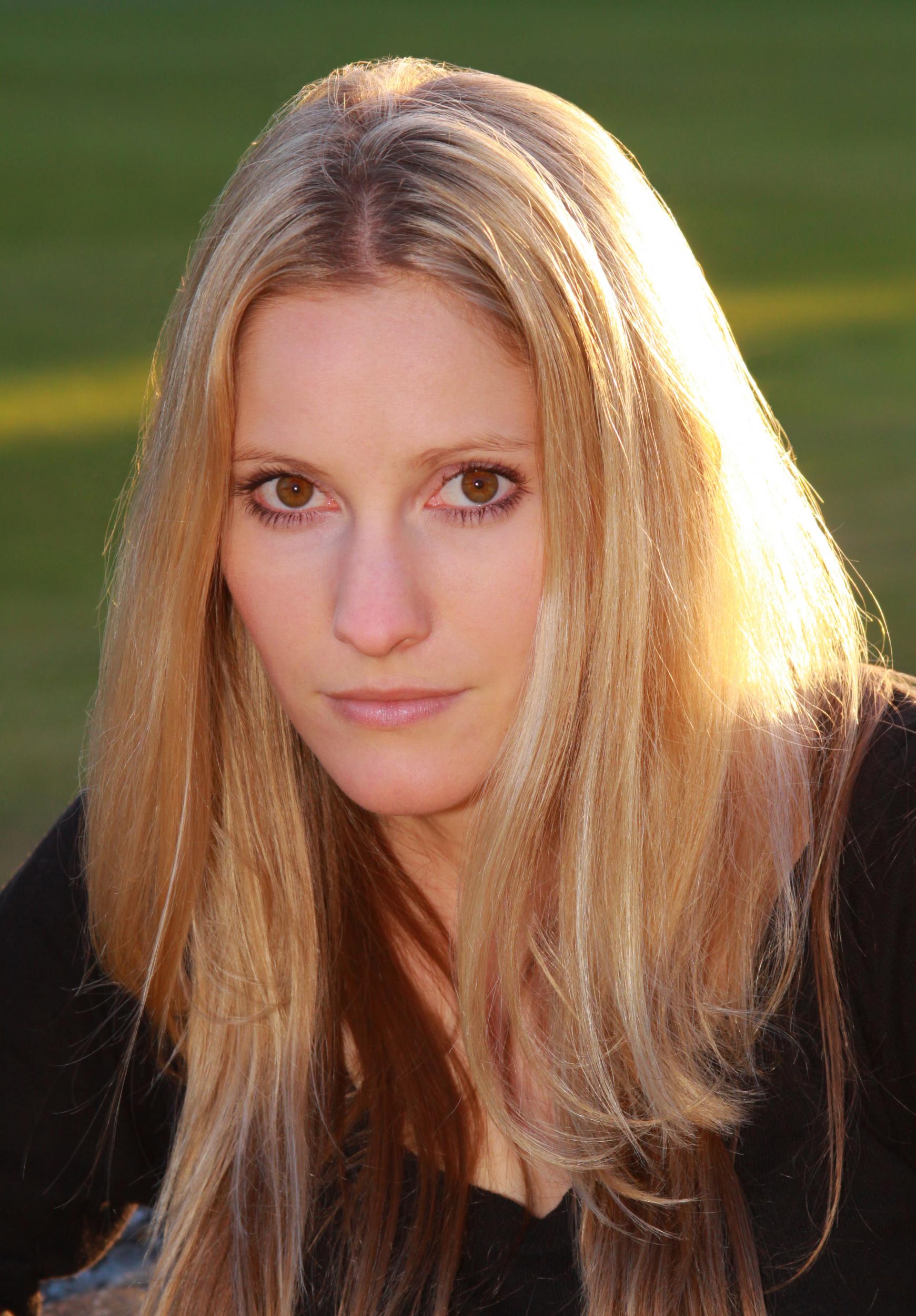Everyday Sexism Project founder Laura Bates on feminism, porn, sex and the internet
The feminist campaigner talks to the Independent about the 'perfect storm of crap' facing young women that must be challenged

Your support helps us to tell the story
From reproductive rights to climate change to Big Tech, The Independent is on the ground when the story is developing. Whether it's investigating the financials of Elon Musk's pro-Trump PAC or producing our latest documentary, 'The A Word', which shines a light on the American women fighting for reproductive rights, we know how important it is to parse out the facts from the messaging.
At such a critical moment in US history, we need reporters on the ground. Your donation allows us to keep sending journalists to speak to both sides of the story.
The Independent is trusted by Americans across the entire political spectrum. And unlike many other quality news outlets, we choose not to lock Americans out of our reporting and analysis with paywalls. We believe quality journalism should be available to everyone, paid for by those who can afford it.
Your support makes all the difference.“Sorry if I'm being too waffly", says Laura Bates mid-interview, gasping for air. She’s not being “waffly”. In fact, she’s articulate and just very passionate. But what else would you expect from a woman who has engineered a social media movement so successful it now has a platform in 25 different countries?
Born in Oxford, the middle child of three, Bates grew up in Hackney before moving to the west country. She attended Cambridge University and then tried her hand at acting (“I was a terrible actress and got no work at all”). It was while awaiting auditions along with her boyfriend, a fellow actor, that she began to notice stark comparisons in the briefing notes for male and female actors, echoing the sentiments of high-profile actors like Jennifer Lawrence, Maggie Gyllenhaal, and Maisie Williams.
“He would get these chunky, long casting breakdowns like ‘this character is an architect, he’s quite sensitive, this is the relationship he’d have with his parents, this is what has happened in his past that has made him this way and so on.’ I would get casting breakdowns that would say ’32 DD’ and just nothing else. There are some I’ve quoted in the book that are just real-life examples like ‘sexy, curvaceous nun must have great cleavage’ or sometimes there’d be really contradictory like ‘she’s naive but f**kable’, ‘She’s a vixen but virginal’.”
A two week-period of constant sexual harassment which included a man groping between her legs on the bus and being followed on her walk home combined with her work as a nanny where she witnessed eight-year-old girls refusing to eat pasta because they had heard it “made you fat” which prompted her to start a small blog: The Everyday Sexism Project.
Four years later, she’s as surprised as anyone to see how well it’s taken off. “I’m completely stunned," she says. "I just thought I was setting up this tiny website and maybe 50 women would share their stories and I could point to it in future arguments. I think it’s just a testament to the sheer scale of what was happening and also the sheer, belittling, dismissal and suppression of these stories.”
The project has now amassed almost a quarter of a million followers on Twitter. But if anyone can testify to the life-affecting positives and disturbing negatives of social media, it’s Bates. The positives: she has pioneered an internet movement so well-known it’s now become a throwaway phrase women use to describe casual sexism. And the negative: the long, thorough and horribly descriptive emails she receives from trolls fantasising about how they will rape and murder her for speaking up about women’s rights, which is the reason she, personally, is not on Twitter.
Having set up Everyday Sexism four years ago, she’s become desensitised to some of the trolls, but some can still catch her off guard.
“There are other things where it’s something slightly new or a different way of doing it or a threat to someone you love or even a slight detail like someone saying what time the are going to rape you has a massive impact. I don’t think there is a way to just learn to be ok with it,” she explains. Yet for someone faced with such violent threats, she’s remarkably optimistic about how social media can be changed for the better.
“The internet is relatively still in its infant stage. It might be taking us time to get to grips with these issues but it doesn’t mean we won’t get there because I don’t think it’s sustainable to expect women to carry on participating in a space which is so hostile to them. And I think that there’s a massive incentive for social media companies to better protect these from online abuse but I think that law enforcement will in the end catch up with these illegal issues.”
Polite and softly spoken, Bates seems reserved, almost quiet. But ask her about any of the women’s issues she’s passionate about and Bates has much to say.
One of these issues is porn and sex. Let’s get things straight now: Bates is not anti-porn, a stance she is keen to emphasise. She disregards the current debate between people who think porn is harmful and those who don’t think it’s harmful in any way as “irrelevant”. While she agrees that yes, “the majority of porn currently does reflect the misogynistic society that we live in”, she is more concerned with the fact that in her own experience of visiting schools and reading website entries it seems to be one of the mediums in which many young people are learning about sex.
“We got an entry from a girl who was 13 and she said ‘I’m so scared to have sex, I’m crying almost every night because I saw a video of sex on a boy’s phone at school and I didn’t realise that when you have sex a woman has to be hurting and crying,'” Bates says with concern.
“I think that what we need to recognise is this [porn] is something that’s happening and that realistically in this smartphone generation with screens everywhere we’re not gonna turn off the porn. We’re not going to stop young people accessing porn but what we do have is a completely achievable and viable solution which is to talk about it, openly and simply in an age-appropriate way and to talk about alternatives and what actually sex might look like and what a healthy relationship is.”
Relationship education is something Bates has tirelessly campaigned for the government to introduce, with little success. In conjunction with the End Violence Against Women Coalition, she started a petition which campaigned for compulsory sex and relationship education in schools which covered sexual consent, health and respectful relationships, gender stereotypes and online pornography. The petition amassed over 37,000 signatures - not enough to trigger a parliamentary debate - and was responded to by party leaders. Ed Miliband, Nick Clegg and Natalie Bennet all replied saying their parties were committed to inducing compulsory sex and relationship education. However, the Prime Minister said the Conservatives will let schools decide if and how they would teach sex and relationship education.
After failing to get the government to make it compulsory, Bates took matters into her own hands by writing a book, Girl Up. The book, which has already made its way into the Sunday Times top 10 bestseller charts since its release last month, follows the hugely successful Everyday Sexism, which was described by the Independent as “the more politicised sister” to Caitlin Moran’s How To Be A Woman . That title mocks the classic gendered response “man up”. But Bates’ main reason for the title was just to lift girls up.
“I felt like there was this massive gulf and I wanted to fill it in some way. I spent years campaigning, desperately trying to persuade the Government that this stuff needs to be on the curriculum and it wasn’t working. So in the meantime, I wanted some kind of a lifeline, something that pulled that information in one place for young women and not just for young women who are at school now but also for the generation of young women who are in their early 20s that never got this stuff either.”

Relationship education is just one prong in her approach to improving education and attitudes. Bates is also concerned with the way sex and intercourse are being taught and have been taught, particularly to young girls.
“I think it’s really important that when we talk about this what we’re not saying is we have to be prudish or tell girls that sex is something bad that happens to them and they should be afraid of. I think often that’s the message they get at the moment: this is something every boy wants which will happen to you when you let your guard down and it’s your responsibility to say no. It’ll be great for him but we don’t really talk about women enjoying sex and taking ownership of their bodies and I think there is a really much more powerful and positive message to be given about sex is brilliant and can be amazing when it's on your terms and you get to dictate how it goes.”
While visiting a school and perusing a biology textbook, Bates said it struck her that the clitoris was not included in a diagram of the vagina. When discussing female genitalia in further detail with peers and friends who were adults, she found that even some grown women were unaware of detailed parts of their anatomy.
“We know exactly what a penis and balls look like but no one knows what a clitoris really looks like and I just think that’s amazing,” she adds. For that reason, she has included a detailed “anatomy of the vulva” in the book.
Another reason for starting the book, Bates says, is in response to messages being sent to young women in society which she summarises as a “perfect storm of crap”.
“I went to schools and universities and discovered that what young women are dealing with is this massive bombardment, which I think isn’t properly understood by adults. I think it comes in so many different guises.
“It’s the way they are sexualised to the ninth degree by the world around them,” she says frustratedly. “It’s the double standard that expects them to be sexy and hot and present a certain persona on social media but at the same time completely obliterates them if they do that. It’s the pressure of sexting, the online abuse, channels of things like Snapchat and anonymous question and answer websites, sexual bullying online, and all of these different things: body image pressure, weight loss and at the same time all of the wider issues women are dealing [with]. It’s this kind of perfect storm of crap.”
Perhaps, as Bates hopes, if every woman reads a copy of Girl Up, the gales, thunder and lightning in this perfect storm of crap might just subside.
Girl Up is available now
Join our commenting forum
Join thought-provoking conversations, follow other Independent readers and see their replies
Comments